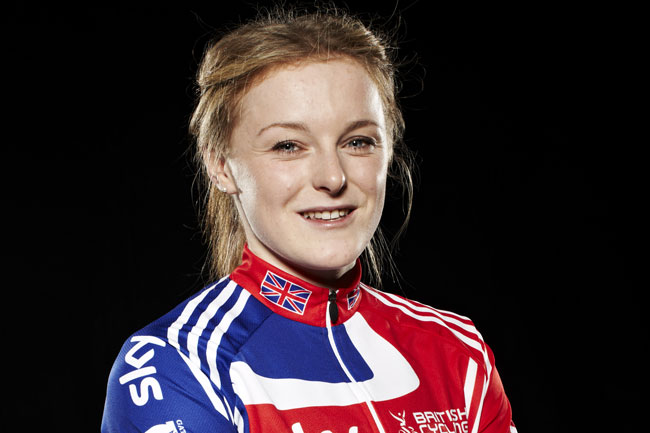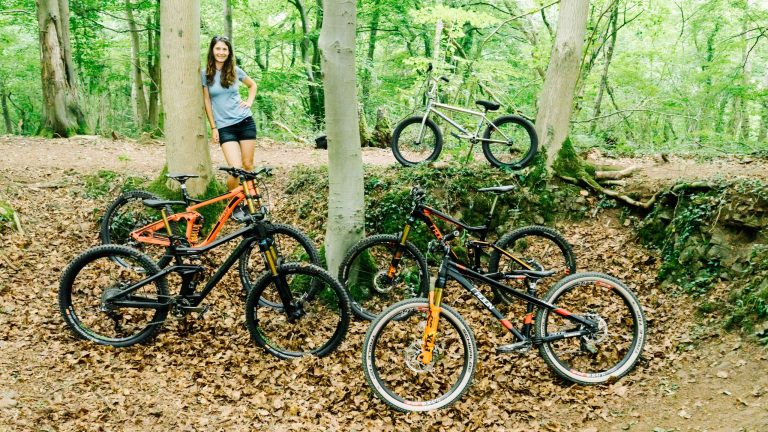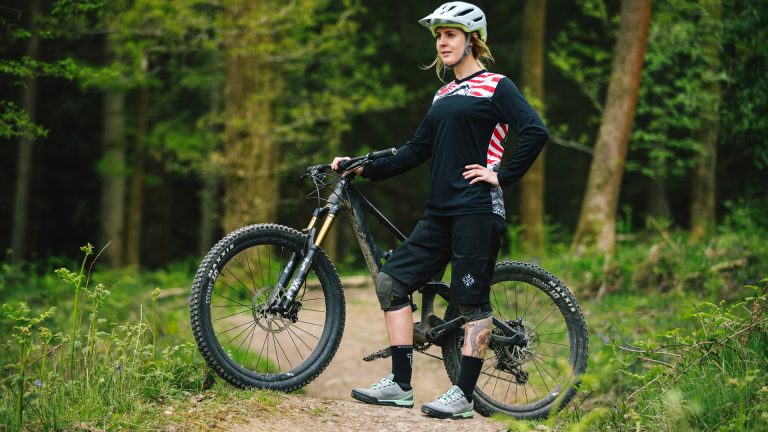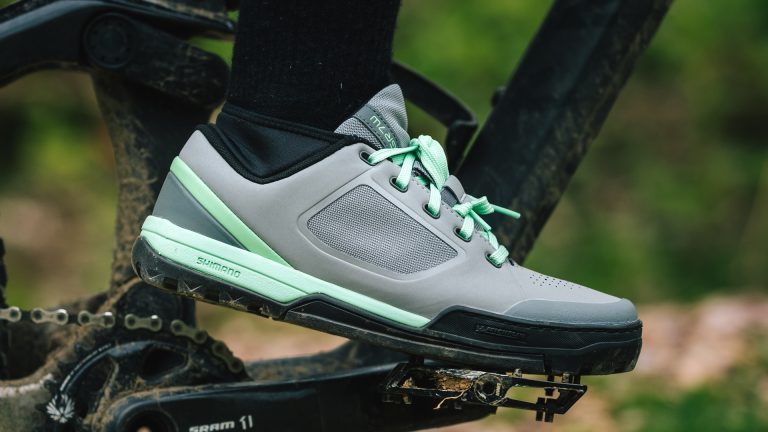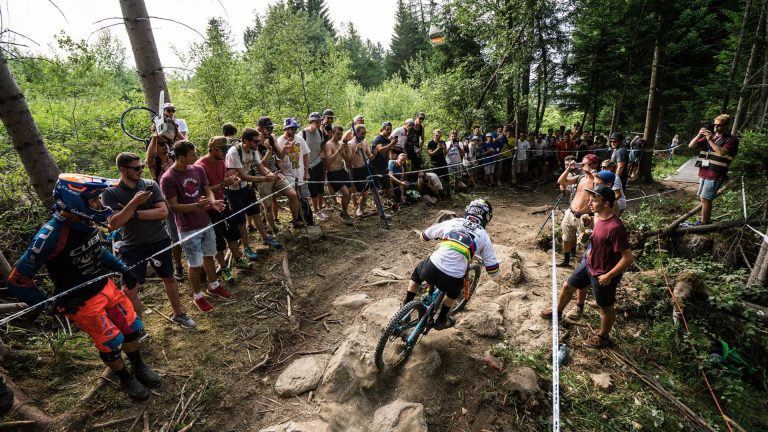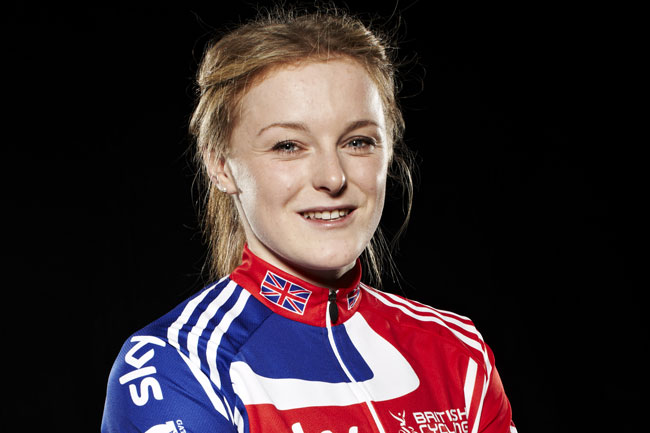
Natural Energy Gel Recipe: Honey + Lemon
Twenty-three year Annie Last became the first British woman since the Sydney 2000 Games to qualify for the Olympics and lit up the Hadleigh Park race at London 2012, leading early on and finally finished an extremely credible 8th. We talk to Annie about post-Olympics, rehab, 2014, making it in a male dominated sport and some perennial techy and training hot potatoes.
TWC: Was it hard to get back to the normality of life after the Olympics and did you take any time off?
Annie Last: Because I was in my last year of Under 23 for 2012, three weeks after the Games was the World Championships and I wanted to win that. I’d got Silver the two years before that, so it was my last chance to win the title. Unfortunately I got ill leading in and, if hadn’t been my last chance at Under 23 title and the last race of season I wouldn’t have raced. I raced and didn’t get the result I wanted.
The combination of the huge build up to the Games and then the Worlds meant I needed a big break. I think everyone does to recover from the three-year build up to an Olympics. I had a nice little holiday and saw friends, which was good.
TWC: 2013 has been a tough year with you battling and even racing with a stress fracture in your back, how have you coped?
Annie Last: To start with I thought I was on the right track – we thought were doing the right thing to fix my back in the first part of the season. It was around the end of Feb/March we realised there was something more serious going off than just early season back pain.
So we thought everything was getting back on track but around May we realized that although it was getting better it wasn’t actually solved and it started to get bad again. It was quite frustrating really to have spent half the season thinking I was getting better and hoping I’d be able to train and race properly again to having to start again.
TWC: How’s the rehab going and what does it involve?
Annie Last: This week is the first week I’ve been able to go off road. I was out today just on some fire roads and it was horrible, pissing it down and freezing! I thought ‘I’m loving this’! It was a really slow build up from nothing to being able to build back up to doing a bit of effort on the road and now a bit of fire track work to hopefully reasonably soon being able to get back properly off road and being able to train properly again and getting ready to race. So, lots of gym work, physio, rehab and just progressing slowly as my back allows.
TWC: What are your main goals for 2014?
Annie Last: 2014 wow! I would love to be in shape to be back on the World Cup and getting good results there. I’d love to be on the podium regularly at World Cups and then I’d like to be in for a shot at the Worlds and it’s the Commonwealth Games as well so I’d like to compete at another major home games. It’s going to be an amazing experience. If all goes well I’d like to podium and hopefully win at the Commonwealth Games. That’s the dream – we’ll see if it happens.
TWC: Is it more difficult for a female rider to forge a career in cycling, especially MTB which has traditionally been so male dominated?
Annie Last: I know that there are a lot more male MTB riders out there – definitely in Britain – than females. For me now that’s okay as I can ride with the guys but when you’re younger it can be intimidating to go out with a bunch of the guys who have got the ability to go faster. There’s lots more girls doing it now and a lot more support which is great.
At most races there seem to be a lot more female competitors, which really helps. There used to be just a few when I was racing and you’d end up not seeing anyone for the whole race, but now there’s good, close racing, which is great and makes it easier and encourages more girls into it.
TWC: On the road with the creation of the Wiggle-Honda Team, the profile of women’s road racing is improving, what are your thoughts on the push for a female Tour de France?
Annie Last: Wiggle Honda is really healthy in Britain but there needs to be equal racing opportunities for women for them to showcase what they can do. Like at the Olympics – even non-bike riders said the women’s road race was really exciting to watch, whereas the men’s road race wasn’t that good.
That shows that women are capable of putting on a good show. Hopefully we’ve done quite well with the petition for a women’s Tour de France and that would be a really good opportunity to help the sport to grow.
TWC: 29, 650b or 26”?
Annie Last: [LAUGHS] I ride a 29er now, but up until this year was always on a 26. I loved riding a 26 hard tail. It was really fun and you really had to ride it over the bumps and jumps. You really had to work the bike to make it flow and go fast.
It took me a while to get used to going round corners on a 29er but I do like it now. It’s makes things so much easier – flattening things out and you don’t have to work as hard to go as fast or do the same sections. I’ve never ridden a 650b.
TWC: Hardtail or full susser?
Annie Last: I like riding a hardtail really. At the minute, this past year, I’ve been on full suspension for my back and I do really enjoy it and it’s really good for trails but for me the cross country type race courses that I do, being on a hardtail gives you a bit more speed and you can just feel power going down straight down through the wheels. But to be honest with you, I use a combination depending on the courses. I’m in a great position to be able to do that.
TWC: How much time do you typically split between the road and the trails when you’re training?
Annie Last: It depends on time of year but most of my training is on road. Probably only normally two days a week is off-road stuff because, as soon as you go off road, it takes so much more out of your body without you necessarily making the fitness or power gains from it. As it comes more into season I do more off-road training, the more specific stuff. But the road is really good for the base fitness and power and strength.
TWC: Can you tell me what kind of training you do off the bike?
Annie Last: I’ve always done a bit in the gym. Not lifting big weights gym-styley! But more core body weight type things. Pilates and yoga have been really key in staying fit and healthy and they are a huge part of my rehab to keep everything working well.
Liked Annie Last Interview: Post-Olympics + Rehab? We think you will also like these:
Where to Ride: Mountain Biking in Ticino, Switzerland
Bouncing Back from Injury: Top Tips from XC Mtb Rider Lea Davison

